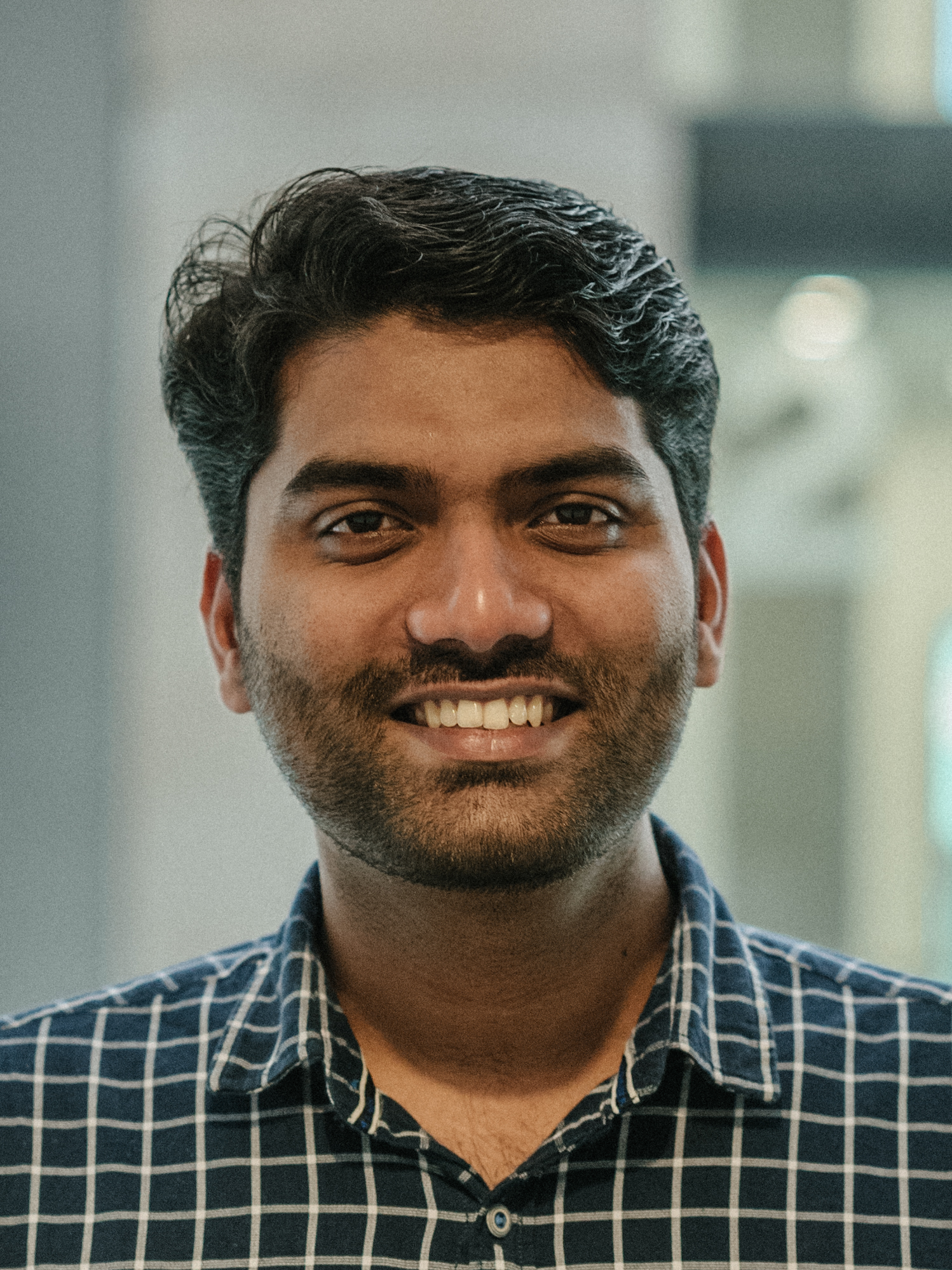Arshad is a PhD student in the Tribology group.
" A PhD is a marathon!"
Why did you decide to study for a PhD?
I did my first research project during my master's. It was a lot of struggle at the beginning but at the end of the project when I started to get the results and saw the impact that it can have on society, I had a feeling of completeness -this was the triggering factor. However, I did not want to do a PhD right away, I wanted to understand how research transitioned to the outside world from academia. To gain some industrial exposure and perspective, I joined John Deere, a US-based agriculture equipment manufacturer as a R&D engineer. During this period, I worked on air-seeding product lines and simultaneously I did small research projects. By the end of 3 years, I was satisfied with the experience and skill set I gained and I was ready to do core research.
What has your experience been like so far? What has been the best thing about it?
 I had my end goal defined at the start of my PhD. However, I had no idea how to achieve the target and whenever I thought about it, I lost myself. That's when I started to practice the concept of breaking down the task into smaller pieces and writing it down - This helps me a lot and keeps me stress-free. I set small targets and I could achieve those with little difficulty. Figuring out this methodology was one of the best things in my PhD and for the rest of my career.
I had my end goal defined at the start of my PhD. However, I had no idea how to achieve the target and whenever I thought about it, I lost myself. That's when I started to practice the concept of breaking down the task into smaller pieces and writing it down - This helps me a lot and keeps me stress-free. I set small targets and I could achieve those with little difficulty. Figuring out this methodology was one of the best things in my PhD and for the rest of my career.
What is your PhD research about?
There are millions of people around the world suffering from osteoarthritis. It is widely understood that cartilage damage leads to this disease, but the triggering factors remain unknown. My research aims to find the underlying working mechanism of articular cartilage, thereby suggesting preventive measures to overcome osteoarthritis. I built solid-fluid models that can replicate cartilage behaviour and study the working mechanism. Also, the outcomes from this research will aid in designing new biomaterials.
What would you say about the supervision you receive?
A PhD is a marathon and you need the right amount of support to finish it. My supervisor, Professor Daniele Dini, does that very well. We have a weekly meeting to discuss my progress and hurdles. This is an interesting meeting filled with a lot of new ideas and methodologies. He is available whenever I need any support and he creates a positive environment for me to conduct my research. In general, all the faculties at Imperial are very busy but they will help you out or point you to the right person/in the right direction if you need any support.
Do you have any thoughts about what you might like to do in the future?
I want to do research and try my luck in entrepreneurship as well. If I come up with some significant breakthroughs from my research and can add value to society, I may market that idea.
What advice would you offer to students considering applying for a PhD at Imperial?
One important decision that has to be made before applying for a PhD is to choose an area where you can confidently contribute. The Department of Mechanical Engineering has faculties working in almost all areas of mechanical division and will have open PhD positions posted on their website. Have enough conversations with the supervisor about the scope of the project of interest, the subject knowledge required to execute the project, and the type of work involved - experimental/modelling. This will help you choose a project for your PhD studies. Alternatively, if you have a project idea, you can pitch that to a supervisor and take it forward if both parties agree.